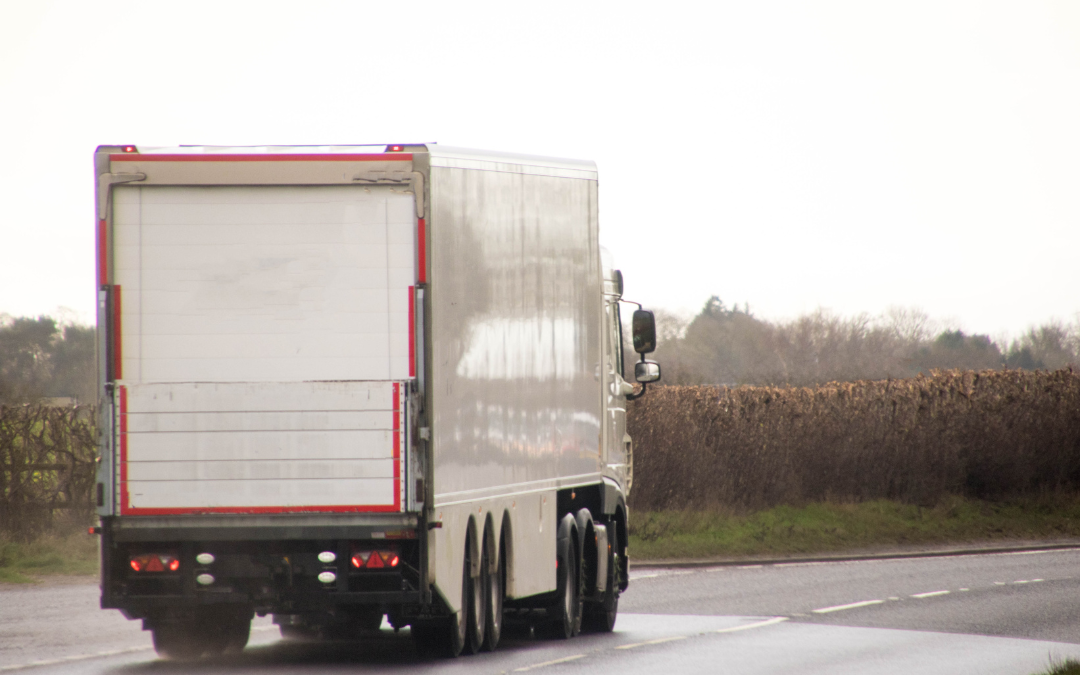In road haulage we often talk about getting goods from A to B, but truck backloading means thinking about the journey back from B to A.
Backload delivery routes aim to maximise the truckload in both directions – or via a more complicated route, e.g. A to B to C and back to A again.
The idea is to minimise the number of miles driven without cargo in the truck, as those miles are a costly waste of petrol and a needless addition to carbon footprints.
Let’s look in more detail at truck backloading and Chris Bennett Heavy Haulage’s backloading transport services.
What is backloading?
We’ve already briefly defined truck backloading above, but there are several ways to backload delivery routes and different benefits to be found from doing so.
Some methods to backload delivery routes include:
- Reciprocal backloading (i.e. carrying a load on the return journey)
- Round-trip backloading (i.e. carrying cargo to a third location)
- Full-load backloading (i.e. maximising the cargo during each phase)
You can think of it in terms of an airline trying to fill all the passenger seats in both directions of a return flight: the flights will have a certain cost and carbon footprint no matter what, but filling the seats means each passenger’s share of that cost is minimised.
The same is true of road freight. By filling trucks at all times when they’re on the road, we can reduce the real-terms cost and carbon of each kg or ton of cargo shipped.
How does backloading transport benefit businesses?
Backloading transport services take truck backloading into account when planning road haulage operations. While it’s not always possible to carry a 100% load 100% of the time, backloading deliveries is about optimising the vehicle’s movements as far as possible.
The ideal solution is for one business to switch to backloaded deliveries, if you have goods to transport in both directions. Alternatively, haulage companies can aim to schedule vehicle movements such that the driver can pick up cargo from a different client for the return journey.
In either case, there are numerous benefits:
- Minimised ’empty running’ means fewer wasted resources
- Better use of truck capacity means faster, more efficient haulage
- Businesses pay less in costs and carbon as footprints are spread out more
- Longer round trips are made more viable and cost-effective
- Public roads are kept free from empty-running HGVs
It’s a list that goes on and on, but essentially it’s about making the most efficient use of resources – and can even mean you avoid paying twice for tolls, congestion charges and low-emission zones by completing your cargo movements in a single trip.
Chris Bennett backloading transport services
If you would like to know more about how Chris Bennett Heavy Haulage can optimise your deliveries via our backloading transport services, please contact us today.
We will be happy to discuss your needs and how our road haulage experts can work to plan and optimise your road freight shipments, to cut your costs and carbon footprint to a minimum.

